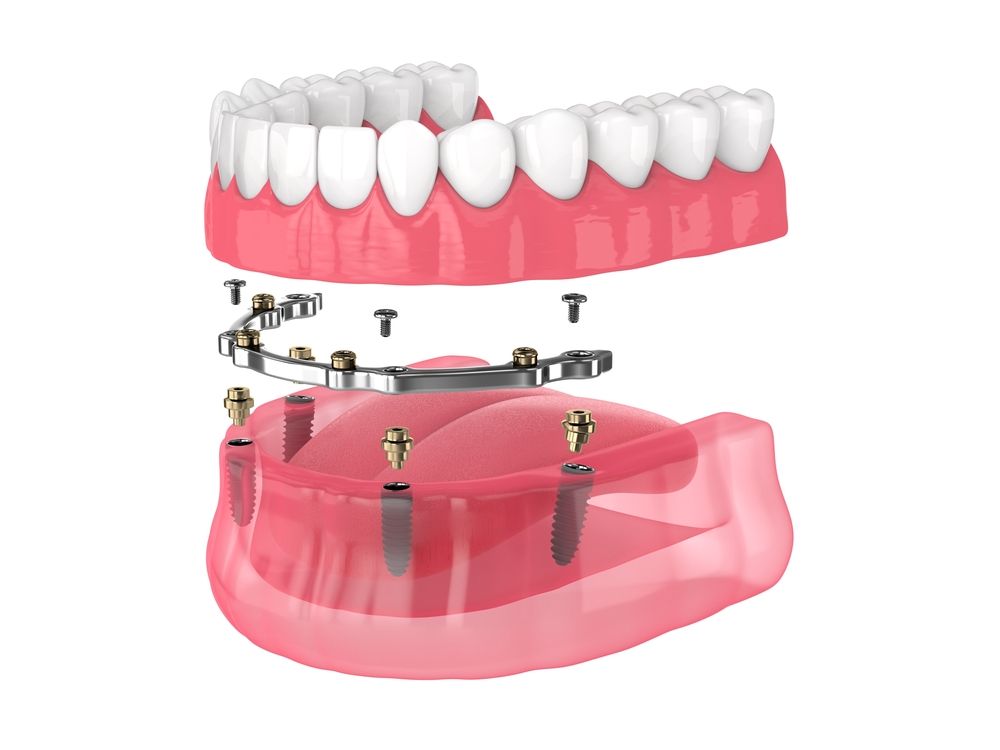Cane to Coast Dentures
We Offer Implant Retained Dentures in Mackay
- Registered Dental Prosthetist with 30+ Years of Experience
- Flexible Payment Plans
- Full Range of Denture Services
Get In Touch
Secure Your Smile
Cane to Coast Dentures understands the impact of significant tooth loss and the challenges of traditional dentures. Our implant-retained dentures offer a stable, secure fit, providing a reliable alternative that can enhance your daily life. Designed to improve oral function and appearance, these dentures can help restore your confidence in eating, speaking and smiling.
Our services, including full acrylic dentures, partial acrylic dentures, partial chrome cast dentures, partial Valplast dentures, immediate dentures, mouthguards, denture repairs, denture additions, denture relining, denture adjustments and financial assistance, cater to a variety of oral care needs, all with a focus on comfort and quality.
We're here to support your journey to a comfortable, natural-looking smile. For implant retained dentures in Mackay or
Sarina, call us on
(07) 4943 2299. We also cater to residents of
Proserpine and
Moranbah.
The Comfort of Stability
Implant-retained dentures offer a dependable solution for those seeking stability beyond traditional dentures. Here's how they can make a difference:
- Secure Anchoring: Dental implants are carefully placed in the jawbone, providing a stable foundation for dentures.
- Tailored Fit: Each set of dentures is customised to suit your dental structure for a secure, comfortable fit.
- Improved Functionality: Implants reduce the worry of dentures shifting, allowing you to enjoy meals with better chewing efficiency.
- Jawbone Preservation: Implant-retained dentures help maintain jawbone integrity, reducing the risk of bone loss over time.
At Cane to Coast Dentures, we focus on creating dentures that meet your needs with care and precision. Our approach prioritises comfort, functionality and a natural appearance.
If you're in Mackay or nearby and considering a secure denture option, we're here to help. Reach out to us on
(07) 4943 2299 to learn more about how we can assist with your dental care.







